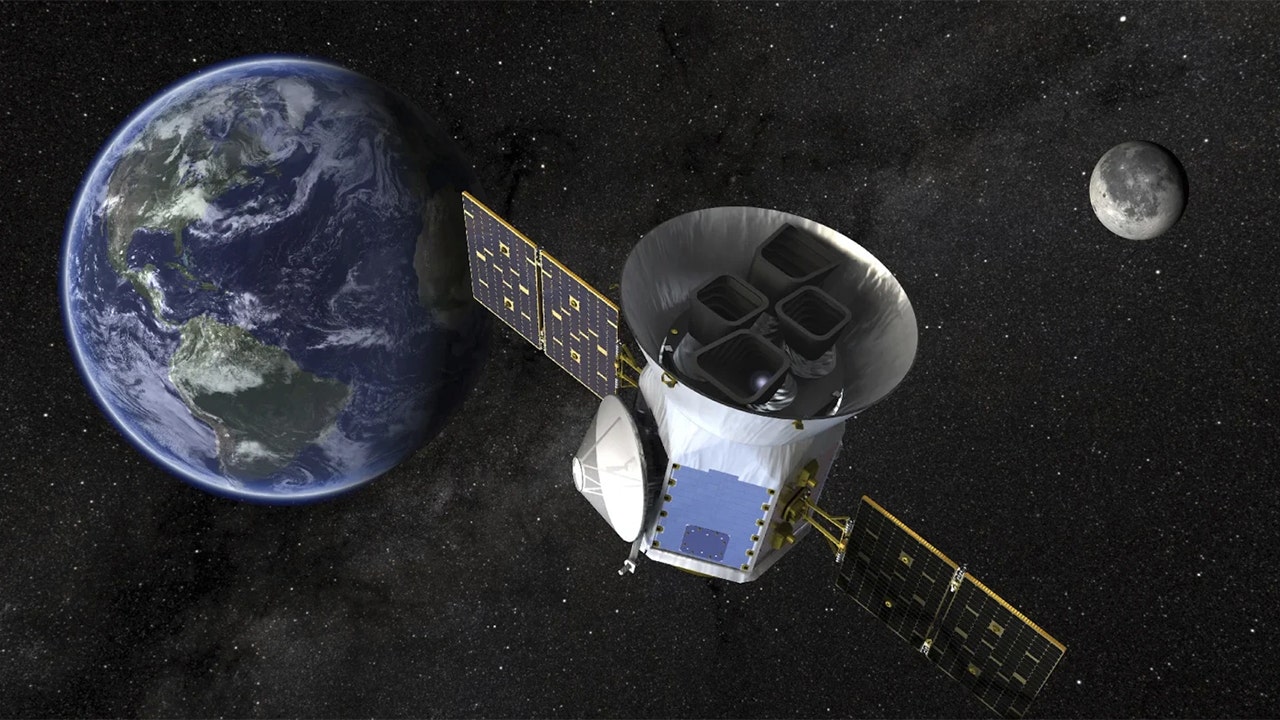Palm oil — the ubiquitous ingredient for all things spreadable, from toothpaste to ice cream — is now the commodity consumed by Americans that contributes most to the loss of tropical forests.
That’s the conclusion of a new analysis by Global Witness, an environmental watchdog organization, and Trase, a nonprofit that analyzes supply chains. Cattle products, especially from Brazil and Australia, are a close second. Colombian coffee had a big footprint, too.
Researchers looked at import data and deforestation rates and found that palm oil bought by Americans may have caused 103,000 acres of deforestation, mostly in Indonesia. That’s an area half the size of New York City, and a conservative estimate because it doesn’t count all imports of manufactured products that contain palm oil.
I want to focus on palm oil today because we’ve known about this problem for a long time. Palm oil is environmentally destructive, grown on vast plantations after rainforests have been flattened and burned. And after years of hard-won progress, the deforestation associated with palm oil production in Indonesia is ticking up again.
“Palm oil has been a pervasive problem for a while,” said Ashley Thomson, a senior policy adviser at Global Witness. “What this analysis shows, in the other commodities as well, is just how complex deforestation is.”
Why the tropics matter
Deforestation anywhere is terrible for the climate and biodiversity. I’m bringing your attention to the loss of tropical forests specifically because it has more lasting consequences than deforestation in most places.
The humid forests of the tropics store a quarter of all terrestrial carbon on the planet, regulate rain patterns across the world and are home to a huge share of the planet’s animal and plant species.
Indonesia has been in the hot seat because of its deforestation rates for years. You may remember the 2018 article in The New York Times Magazine that showed how biofuels made of palm oil had a huge detrimental impact on the country’s forests.
But Indonesia also became one of the countries that has made the most progress to curb deforestation in recent years. In 2011, the Indonesian government established a ban on new palm oil permits in virgin forests. Some companies started their own system to certify sustainable palm oil. (My colleague Dionne Searcy reported this month that there are also companies trying to produce palm oil without palm trees.)
In 2021, the Indonesian government reported that deforestation rates fell by 75 percent to its lowest level since monitoring started in 1990, according to the news site Mongabay.
A concerning shift
But in 2023, deforestation caused by single-crop palm oil plantations started ticking up again, as measured by TheTreeMap, a company based in France that monitors forests.
It’s too early to say for sure if the numbers are showing a new trend of deforestation. I called David Gaveau, the researcher who runs the company and who was once kicked out of Indonesia because of his work tracking wildfires, to understand more.
He told me there are several loopholes that allow deforestation associated with palm oil to continue. Permits that were issued before the moratorium are still being used. The policy didn’t protect many biodiverse forests because they had been logged in the past. Many countries are still buying palm oil without checking if it is deforestation-free. And several investigations have revealed companies secretly circumventing sustainability initiatives to continue profiting from deforestation.
A recent study published by Gaveau and his colleagues also showed there was also a strong correlation with prices. After the pandemic, palm oil prices went through the roof, creating a big incentive to skirt the rules.
“Palm oil driven deforestation has gone down in the last 10 years. But it’s not going down to zero,” Gaveau said. “More needs to be done.”
Importing countries react
Though countries in the tropics have been working on policies to curb deforestation for years, it was only recently that importing nations started acting, too.
The European Union will soon start enforcing a law it passed last year that blocks imports of commodities associated with recent deforestation.
“The hope is that if Europe is leading the way, that other countries will follow suit,” Gaveau told me.
China seems to be starting to take steps in the same direction, signing an agreement with Brazil to stop illegal trade that fuels deforestation. And senators in the United States reintroduced a bill last year to stop imports from illegally deforested areas, though it hasn’t gained traction. (The U.S. already has the Lacey Act, which forbids imports of illegal timber.)
Some tropical countries have protested the European law, as my colleague Patricia Cohen’s reporting in Malaysia showed. They say they are concerned about the effects on smallholder farmers, who depend on these commodities to survive but don’t have the resources to comply with complex requirements.
But Gaveau’s study shows most deforestation in Indonesia is caused by industrial plantations, not small farmers.
There is clearly no one answer to the deforestation problem. Still, Gaveau told me, we can’t rely on regulation alone — we also need to rethink how we farm. A recent study showed, for example, that incorporating clusters of protected forests known as tree islands into larger farms is good for biodiversity and doesn’t affect palm oil yields. It may also help farmers avoid soil degradation that gradually chips away at productivity.
“It’s a win-win situation,” he said. “It’s the future.”
Related: These startups want to make palm oil without palm trees.
Saving seals from marine debris
Men sprint across a windswept beach, holding what look like outsize butterfly nets, and wrestle with their quarry: Seals entangled by fishing gear and other maritime garbage, whose fortunes are about to be reversed.
As one man pins down a panicked animal, another cuts away the plastic deeply embedded in its neck. “Buddy, life’s going to get so much better,” one rescuer says after rescuing a seal from torn disposable overalls.
Videos of the rescues show the heartbreaking damage wrought by marine debris.
There are seals ensnared in gill nets, plastic bags, ropes, a metal kitchen strainer, bands of cling wrap, packaging straps, thick shark fishing wire, steel cables, bungee cords, plastic straps from hard hats, and miles of fishing line around their necks, jaws, snouts and mouths.
The videos often end with a freed seal triumphantly returning to the ocean.
Ocean Conservation Namibia, a nonprofit group based on the central coast of Namibia, estimates it has rescued around 3,000 seals entangled in marine garbage since 2020. Videos of its rescues posted online became a sensation during the pandemic, suggesting that the group has threaded a tricky needle: calling attention to the growing crisis of marine trash but with a feel-good ending for the affected animals.— Cara Buckley
Read the full article here.






